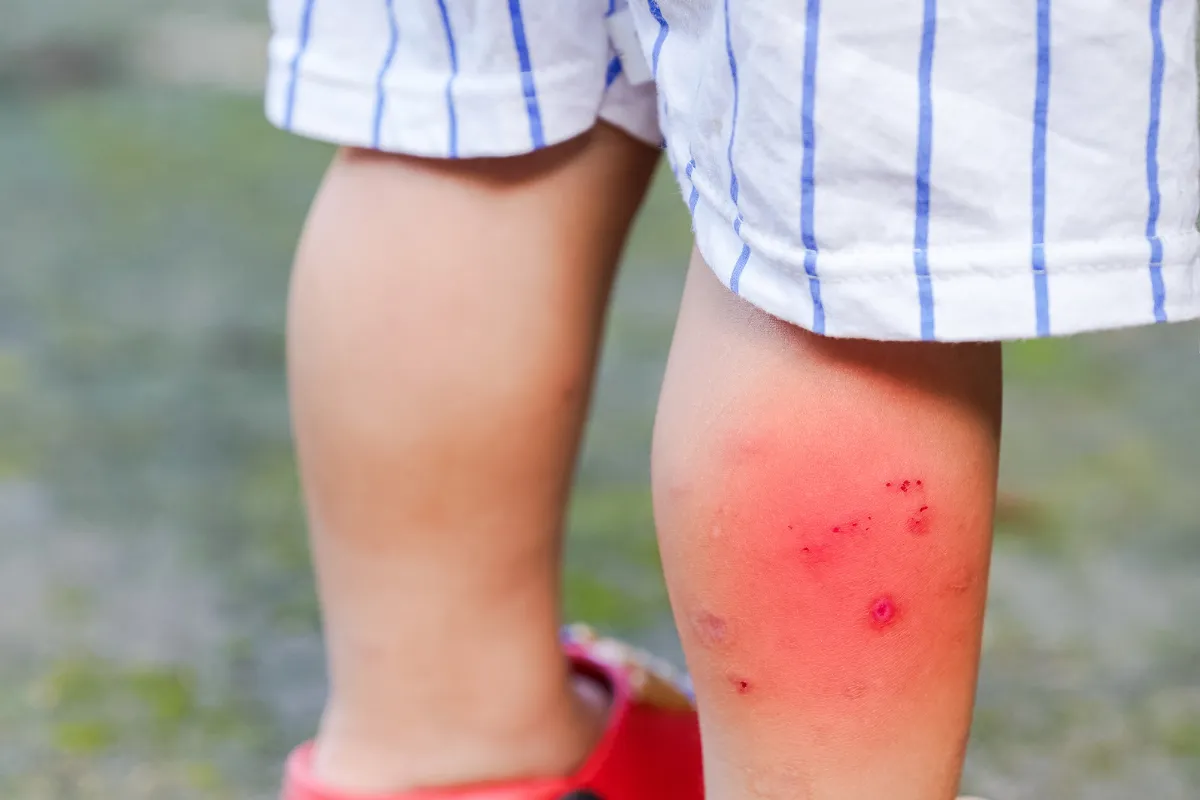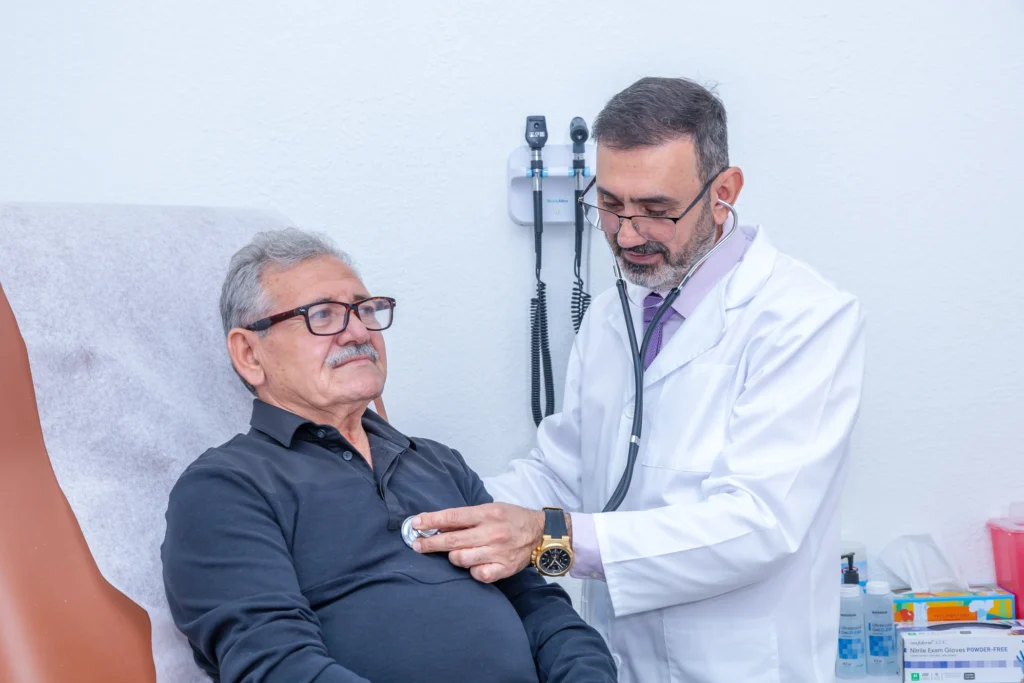Minor Injuries: First Aid Tips and When to See a Doctor near 77379
Ouch!
Stubbed toes, scraped knees, and twisted ankles are just a part of life, especially if you have kids or an active lifestyle.
Knowing how to handle minor injuries can save you a trip to the doctor’s office, but it’s also crucial to recognize when professional medical help is needed.
This guide will cover basic first aid tips and help you determine when it’s time to seek medical attention for minor injuries near 77379.
First Aid Basics for Common Minor Injuries
Let’s break down some essential first aid techniques for common minor injuries you might encounter:
Cuts and Scrapes
- Wash your hands thoroughly with soap and water.
- Gently clean the wound with mild soap and water.
- Remove any dirt or debris with tweezers cleaned with rubbing alcohol.
- Apply a thin layer of antibiotic ointment.
- Cover the wound with a sterile bandage.
- Change the bandage daily or when it becomes soiled.
Sprains and Strains
- Follow the RICE protocol: Rest, Ice, Compression, and Elevation.
- Rest: Avoid using the injured limb as much as possible.
- Ice: Apply ice packs for 20 minutes at a time, several times a day.
- Compression: Wrap the injured area with a compression bandage.
- Elevation: Keep the injured limb elevated above your heart.
- Consider over-the-counter pain relievers like ibuprofen or acetaminophen.

Burns
- Cool the burn immediately under cool (not cold) running water for 10-20 minutes.
- Apply a sterile, non-adhesive bandage.
- Do not apply butter, oil, or other home remedies.
- For minor sunburns, use aloe vera lotion to soothe the skin.
Bruises
- Apply ice packs to reduce swelling and pain.
- Elevate the injured area if possible.
- Over-the-counter pain relievers can help manage discomfort.
When to See a Doctor for Minor Injuries near 77379
Sometimes, what seems like a minor injury can require professional medical attention.
Here are some signs that you should seek medical care from a clinic like Dr. A Patient Care located at 5523 Louetta Rd STE C, Spring, TX 77379,:
- Deep cuts that don’t stop bleeding after applying pressure.
- Wounds that are gaping open or have jagged edges.
- Signs of infection, such as increased pain, redness, swelling, pus, or fever.
- Inability to move or bear weight on an injured limb.
- Severe pain that is not relieved by over-the-counter pain relievers.
- Burns that are larger than 3 inches in diameter or involve the face, hands, feet, genitals, or major joints.
- Suspected broken bones.

Acute illness visits are available if you need quick care.
Comparing Treatment Options for Minor Injuries
Here’s a quick comparison of when you can typically handle an injury at home versus when to seek professional care:
| Injury Type | Home Treatment | When to See a Doctor |
|---|---|---|
| Minor Cut | Clean and bandage; apply antibiotic ointment. | Deep, won’t stop bleeding, signs of infection. |
| Mild Sprain | RICE protocol, over-the-counter pain relievers. | Inability to bear weight, severe pain, suspected fracture. |
| Small Burn | Cool water, sterile bandage. | Large, involves face/joints, signs of infection. |
| Bruise | Ice, elevation, pain relievers. | Severe pain, suspected fracture, vision changes |
Considering your options?
We can help!
Call us at 346-550-8220 or book a consultation to get started.
FAQs About Minor Injuries
How can I tell if a wound is infected?
Signs of infection include increased pain, redness, swelling, warmth around the wound, pus or drainage, fever, and swollen lymph nodes.
If you notice any of these symptoms, it’s important to seek medical attention promptly.
Wound care management can help.
What should I do if I suspect a broken bone?
If you suspect a broken bone, immobilize the injured limb with a splint or sling and seek immediate medical attention.
Do not try to straighten the bone yourself.
Symptoms of a fracture include severe pain, swelling, bruising, deformity, and inability to move or bear weight on the injured limb.
How long should I ice a sprain?
Apply ice packs to a sprain for 20 minutes at a time, several times a day, for the first 24-48 hours.
Make sure to wrap the ice pack in a towel to protect your skin from frostbite.
Can I use hydrogen peroxide to clean a wound?
While hydrogen peroxide can help clean a wound, it can also damage healthy tissue and delay healing.
It’s generally better to use mild soap and water to clean wounds.
Preventative Measures
While injuries happen, preventative measures can help minimize the risk.
For instance, ensure your home is free of tripping hazards.
When playing sports, wear the correct safety equipment.
Consider preventive screenings to identify potential health risks.
Understanding basic first aid and knowing when to seek professional medical help is crucial for managing minor injuries effectively.
If you’re in the 77379 area and need assistance with a minor injury, don’t hesitate to contact Dr. A Patient Care for expert care and guidance.
We are committed to serving our community with quality care.


